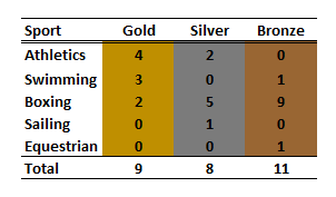 Irish Medal Tally at the Olympic Games
Irish Medal Tally at the Olympic Games Last week Matt Cooper spoke about the possibility of allowing professional boxers compete in the Rio Olympics on his talk show the Last Word. The guests considered the merits of the AIBA’s proposal and the implications for Ireland. The aim is to abolish rules that stops boxers with 15 or more paid bouts from competing at the Olympics. The Independent newspaper carried the story and details last Wednesday.
While Ireland’s Katie Taylor said the new rules would not alter her preparation, the re-design could spell trouble for Ireland’s medal chances at Rio. 57% of our Olympic medals have come from boxing – two gold’s, five silvers and nine bronze. The table shows Ireland's medal tally at the Olympic games.
While nothing would be stopping Irish professional boxers from competing for a gold, something tells me that our share of boxing medals may not be as high if the proposal is ratified.You would have to worry for the amateurs, surely Wladimir Klitschko would like to add more Olympic golds to his CV?


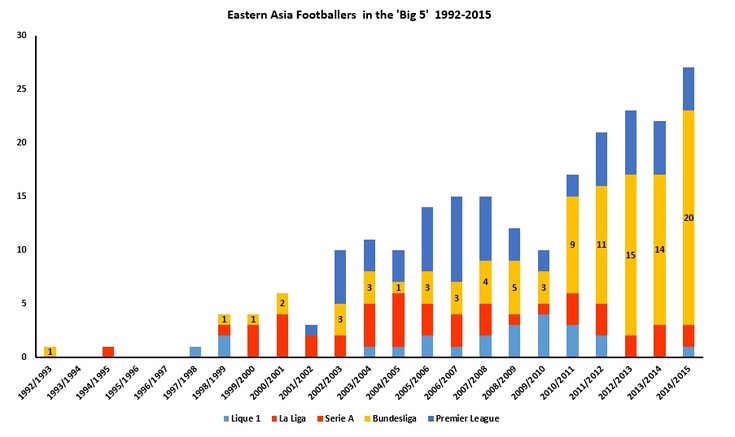
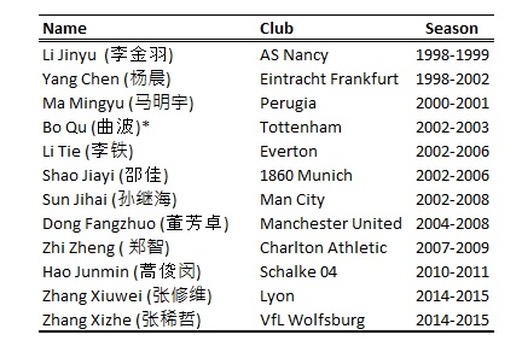

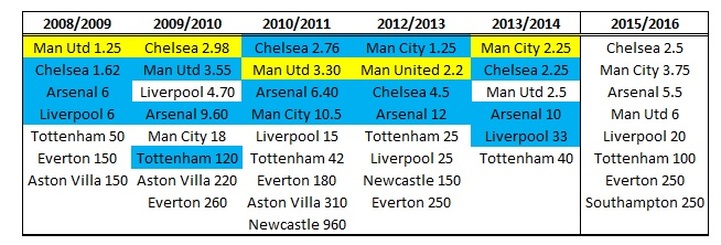
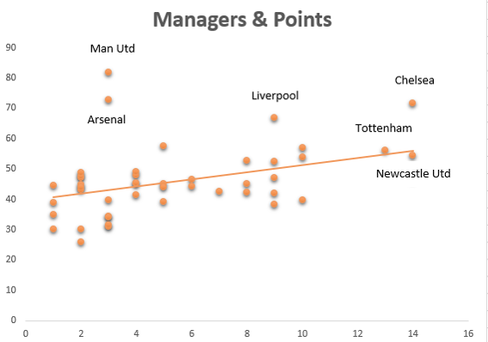
 RSS Feed
RSS Feed